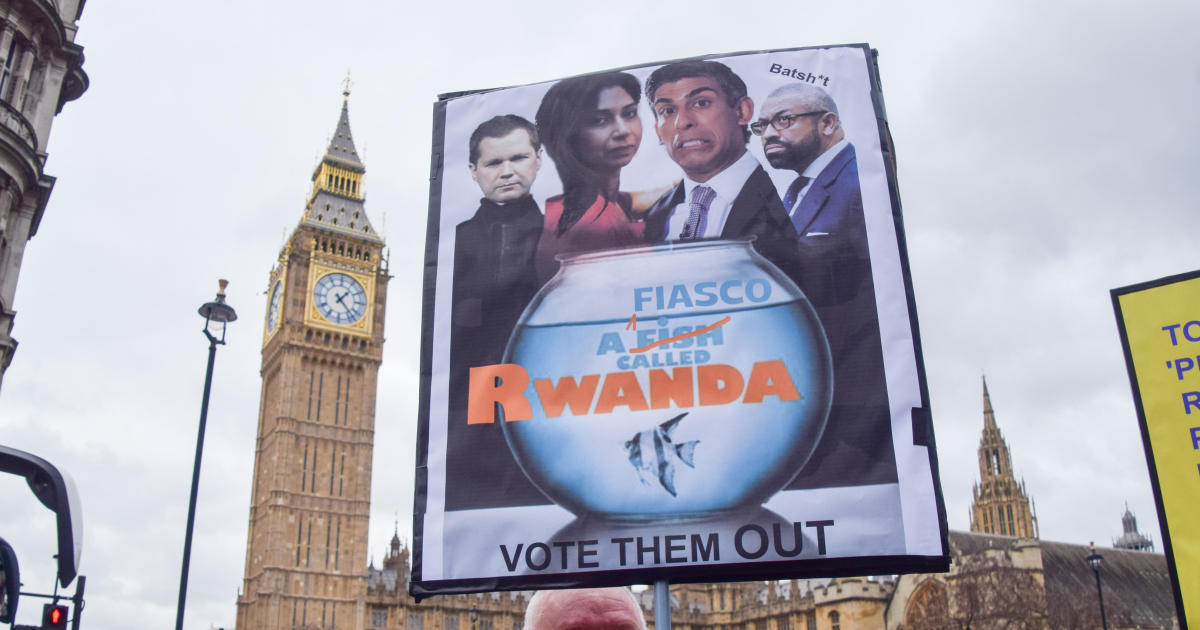U.K. leader Theresa May survives no-confidence vote over Brexit plan
LONDON — British Prime Minister Theresa May has survived a challenge to her leadership from European Union skeptics in her own party over her handling of the Brexit process. A majority of May's fellow Conservatives backed her in a secret no-confidence ballot held Wednesday night for her to stay in office.
The result was a defeat for the most ardent Brexit backers within the Conservative, or Tory, party, but it does little to clarify Britain's path forward in its convoluted divorce proceedings with Europe.
May needed at least 158 Tories to back her leadership in the vote, and the head of the party's committee governing leadership challenges announced Wednesday night that she had met that threshold.
She has vowed to keep fighting to get the agreement she hashed out with the other 27 members of the EU, laying out the proposed terms of the divorce, approved by the British Parliament, but she still faces an uphill battle.
What happens next?
Having survived the no-confidence vote, May's hard-line "Brexiteer" foes in the Conservative Party cannot challenge her leadership again for a year. In a concession to her own Tory colleagues disillusioned by her handling of the negotiations with Europe, she has said she will not seek to represent the party in the next scheduled national elections in 2022.
But she still has to convince not only fellow Conservatives, but a majority of all Members of Parliament that the roughly 500-page deal her government negotiated with Europe is the safest option for Britain. She has just weeks to squeeze any further concessions out of the other 27 EU member states, and they have already warned there is "no room whatsoever for renegotiation" of the draft agreement.
EU leaders have suggested they may still be willing to "clarify" the terms of the deal, but the basics, as far as Brussels is concerned, have been hashed out.
If May cannot get a draft agreement that appeals to enough British lawmakers for them to approve it, as things stand now the default alternative is the much-maligned prospect of a no-deal Brexit. Deal or no deal, unless the British government formally withdraws its notification to the EU of its intent to leave the union, Britain will be out on March 29.
Very few consider that a good option.
Economists and politicians of all stripes, including the U.K. government's own experts, have warned that it could spark a recession in Britain and cripple the vital cross-border flow of goods and people. With more than four decades of common laws, rules, regulations and standards suddenly thrown out the window, Britain would suddenly have to negotiate new, unilateral trade deals with other countries guided only by broad World Trade Organization rules.



